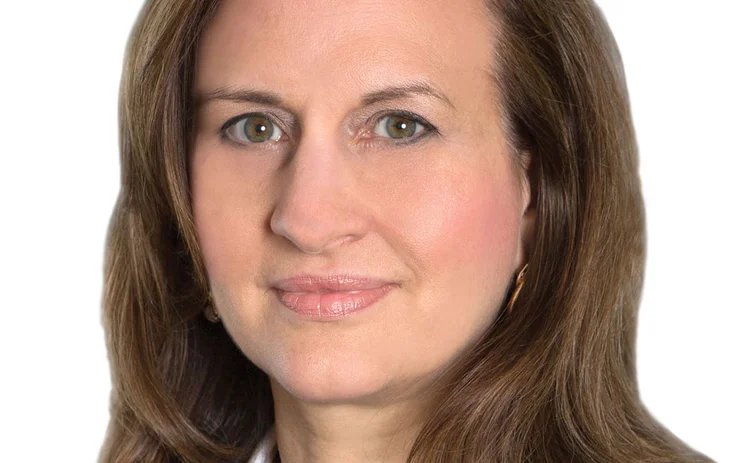
BNP Paribas's Flax calm about impact of regulation
Regulation is making life more difficult for bank commodity desks, but Catherine Flax, BNP Paribas's head of commodity derivatives for the Americas, is keeping a cool head

Catherine Flax joined BNP Paribas to become head of commodity derivatives for the Americas in November 2013, and so far, she appears to be enjoying the role. The French bank's commodities business is well positioned for the current era of heightened regulatory scrutiny, she believes, in contrast with some of its rivals.
"One of the things I found particularly appealing about joining BNP Paribas is that we didn't have to change the model – it was never a trading house," says Flax, who is based
Only users who have a paid subscription or are part of a corporate subscription are able to print or copy content.
To access these options, along with all other subscription benefits, please contact info@risk.net or view our subscription options here: http://subscriptions.risk.net/subscribe
You are currently unable to print this content. Please contact info@risk.net to find out more.
You are currently unable to copy this content. Please contact info@risk.net to find out more.
Copyright Infopro Digital Limited. All rights reserved.
As outlined in our terms and conditions, https://www.infopro-digital.com/terms-and-conditions/subscriptions/ (point 2.4), printing is limited to a single copy.
If you would like to purchase additional rights please email info@risk.net
Copyright Infopro Digital Limited. All rights reserved.
You may share this content using our article tools. As outlined in our terms and conditions, https://www.infopro-digital.com/terms-and-conditions/subscriptions/ (clause 2.4), an Authorised User may only make one copy of the materials for their own personal use. You must also comply with the restrictions in clause 2.5.
If you would like to purchase additional rights please email info@risk.net
More on Commodities
Energy Risk Asia Awards 2024: The winners
Winning firms adapt to change with exemplary risk management skills
Foreign funds are bulls in China’s onshore commodity futures
Growing participation from overseas investors is boosting liquidity in what’s already a boom market
Energy Risk Software Rankings 2024: IT demands increase amid rising risk
Heightened geopolitical and credit risk increase requirements on commodities software
Energy Risk Asia Awards 2023: The winners
Winning firms demonstrate resilience and robust risk management amid testing times
ION Commodities: addressing the market’s recent pain points
Energy Risk Software Rankings winner’s interview: ION Commodities
Energy Risk Commodity Rankings 2023: adapting to new market dynamics
Winners of the 2023 Commodity Rankings provided reliability when clients faced extreme change
Energy Risk Software Rankings 2023: managing uncertainty
Unpredictable markets make CTRM software choices key
Navigating the volatility and complexity of commodity markets
Commodity markets have experienced significant challenges since the Covid-19 pandemic, the conflict in Ukraine and the subsequent sanctions imposed on Russia. These unprecedented events have caused fluctuations in supply and demand, disrupted global…







